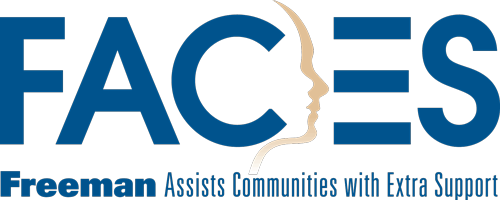
FACES Grants FAQs
Montgomery County, Maryland & Sussex County, Delaware
What should I include in a FACES Grant application to maximize my chances of success?
Most importantly, be sure to follow all of the very specific guidelines. Be sure to submit it on time, and provide thorough answers to all the questions. Most effective applications:
- Describe their organization, history, and mission concisely but very clearly;
- Describe exactly how the funds will be used — more specificity is better;
- Include the number of people who will be served directly and the impact the grant will make;
- Explain what's unique about their group, project, and/or service area; and
- If this program has been provided before, tell us about lessons learned. If it’s a new program, make sure we know how you’re funding it (other than the Freeman Foundation) and what public, private, or nonprofit partners you have already recruited.
How many FACES Grants will be awarded?
That will be determined, in part, by the number and quality of the applications submitted, as well as the amount awarded per grant. The total amount of funding allocated for FACES is $100,000 annually.
What are the minimum and maximum amounts of funding I can request for a FACES Grant?
Grant requests may be made in the amounts of $2,500, $5,000 or $10,000. Grants will only be awarded in these amounts, therefore, if you only need $2,000 for your project, you should indicate what the remaining $500 would be used for, for example, general operating support.
Does my organization have to be located in Montgomery County, MD OR SUSSEX COUNTY, DE in order to apply for a FACES Grant for a program serving that area?
Montgomery County, Maryland: Yes, the organization must be located in Montgomery County, Maryland.
Sussex County, Delaware:Yes, the organization must be located in Sussex County, Delaware.
Is it mandatory that grants be spent right away, or can the funding be held for a while as we continue to raise money?
There are no strict rules on this, but our intention is for a FACES grant to be applied to a program or project being undertaken in the short-term. Remember that a grant report will be due six months after the monies are received. An extension can be granted (a few months) for programs that have not been completed by the six-month deadline.
Are religious organizations eligible grant applicants?
Religious organizations for direct religious work are prohibited from receiving grants.
Does the Carl M. Freeman Foundation provide support for individuals or scholarship opportunities?
No.
For what purposes can the funds from a FACES Grant be used?
For any purpose that makes the biggest difference for your group and the community’s impact.
Can potential funding be used to pay a staff member’s salary?
Yes. Most projects involve paying people, rent, or other overhead costs. We understand that these expenses will be factored into your request and will be explained. Be sure to give us the “big picture” about how the grant will further your organization’s mission.
Would a capital project be considered for a FACES Grant?
Yes.
May I fax in my application? May I send it late?
No, and no. All applications must be submitted online by the deadline posted.
Is there a match requirement attached to a FACES Grant?
No, although if you are facing a challenge grant or would launch one, please explain that in your application.
Is there a limit to the number of times an organization can be awarded funding?
No. As long as your organization meets the criteria, you are welcome to apply. Previous grant winners at all levels are encouraged to apply.
Are affiliate organizations under the same umbrella eligible to apply if another branch or affiliate received a FACES grant?
Yes. If you serve a different community and have a different staff and Board, you are welcome to apply.
How do I know which category to classify my grant application?
The areas seem broad and it could fit into several categories…. Arts/Culture – arts/culture programming such as film festivals, theatre productions, gallery showings, music festivals, as well as dance classes, art classes, etc. Education/Environment – education programming such as nutrition programs, after-school programming, camp expenses, recreation programs, “Girl Scouts,” PTA, etc. Environment may include such things as testing water for safety, building nature trails, tracking wildlife, developing a nature center, etc. Education programs do not have to be environmental, and environmental requests do not need to be educational. Health & Human Services — this category may encompass medical services, nutrition classes, food banks, homeless shelters, drug rehabilitation, domestic violence prevention programs, transportation for services, therapy, work training, etc. Animal Welfare — spaying cats/dogs; animal shelter and rescue; prevention of animal cruelty, etc. Housing — this may include homeless shelters, transitional housing, building homes, equipment for construction of housing, etc. Capacity Building — assisting nonprofits in securing the professional, timely assistance they need to enhance organizational capacity and address important issues of organizational development and effectiveness.
What if my organization’s operating budget is over the budget cap?
Montgomery County, Maryland: If your organization is applying for a FACES of Montgomery County grant, you may not apply if your total organization budget exceeds $750,000.
Sussex County, Delaware: If your organization is applying for a FACES of Sussex County grant, you may not apply if your total organization budget exceeds $500,000.
What should I include in my grant report?
The grant report may be as simple as an emailed letter stating what the funds were used for, how many people participated, the impact of the grant on the organization and/or community, etc. If funds were used to make a purchase, we ask that you include a copy of the receipt of the purchase. Reports may also include copies of any press you received regarding the project, and any reports/brochures, etc. the Carl M. Freeman Foundation may be referenced in.
